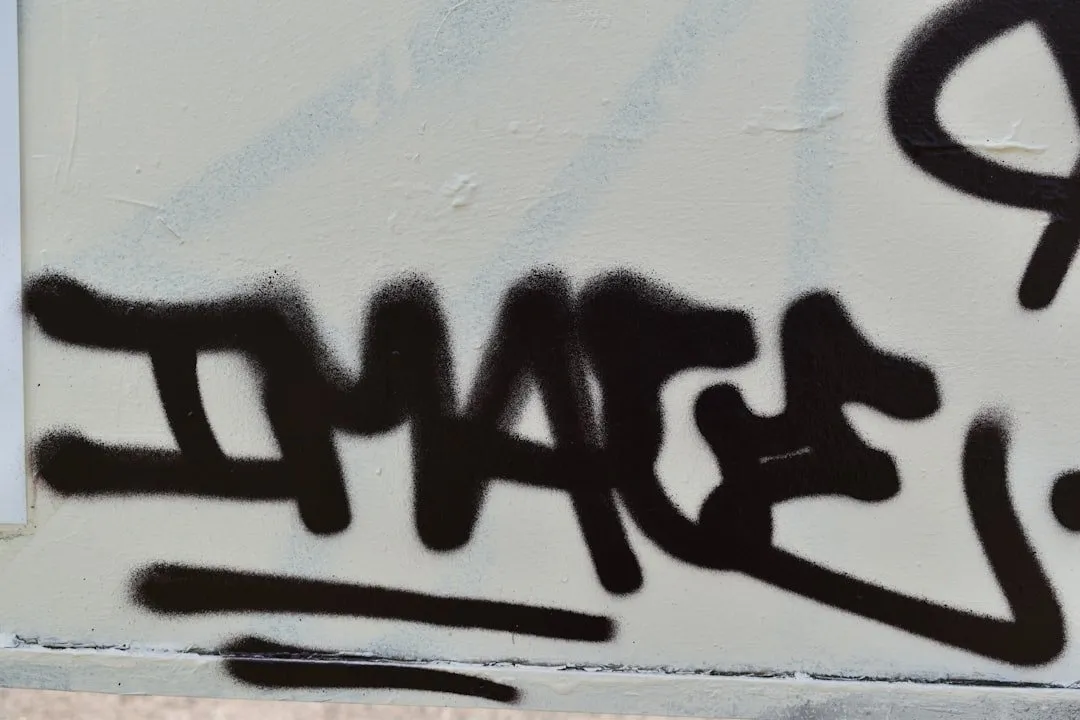Vietnam's relationship with kratom showcases a fascinating cultural contrast: while many states worldwide ban kratom due to misuse concerns, Vietnam retains its traditional use for pain relief and social rituals. This dichotomy stems from kratom's deep folklore in local culture. However, urban areas in Vietnam face heightened scrutiny, highlighting the complex interplay between tradition, regulation, and travel/research engagement. Understanding regional regulations regarding Vietnam Kratom Leaves is crucial for safe, responsible use, as arbitrary changes and vague laws can lead to legal trouble. Users should stay informed about legal status, follow dosage guidelines, consult healthcare professionals, and purchase from reputable sources to minimize risks.
“Vietnam Kratom Leaves have gained a growing interest amidst the global debate on their legality, especially in the many states where kratom is illegal. This article delves into the multifaceted world of these leaves, offering a cultural and legal perspective from Vietnam. We explore the challenges faced by users in regions with stringent prohibitions, while also emphasizing safe and responsible use practices. Understanding the nuances surrounding Vietnam Kratom Leaves is crucial for navigating this complex landscape, especially for those seeking alternative solutions in the states where kratom is illegal.”
- Understanding Vietnam Kratom Leaves: A Cultural and Legal Perspective
- The Legality of Kratom in the States Where It's Illegal: Challenges and Loopholes
- Exploring Safe and Responsible Use Practices for Vietnam Kratom Leaves
Understanding Vietnam Kratom Leaves: A Cultural and Legal Perspective

Vietnam Kratom leaves have both cultural and legal implications, especially considering the global debate surrounding kratom’s legality. In many states where kratom is illegal, this plant faces stringent restrictions due to concerns over its potential for misuse and dependence. However, in Vietnam, kratom holds significant cultural value, used traditionally for pain relief and social ceremonies. The leaves are a part of local folklore, with stories passing down generations about their medicinal properties.
Despite its historical use, the legal status of kratom in Vietnam is not uniform. While it remains readily available and often accepted in rural areas, urban centers have seen increased scrutiny. This dichotomy highlights the complex relationship between culture, tradition, and regulation. Understanding these nuances is crucial when discussing Vietnam Kratom leaves, especially for travelers or researchers navigating this fascinating intersection of culture and law.
The Legality of Kratom in the States Where It's Illegal: Challenges and Loopholes

In many states where kratom is illegal, a significant challenge arises from the lack of clear regulatory frameworks. This creates loopholes that both enthusiasts and law enforcement struggle to navigate. The vague definitions and inconsistent applications of laws pertaining to kratom make it difficult to determine what constitutes legal possession or use. As a result, individuals may inadvertently break the law while attempting to exercise their right to access this natural product.
These challenges are further exacerbated by the evolving nature of kratom’s legal status. As new research emerges, highlighting potential medicinal benefits or risks, legislative bodies often struggle to keep up. This leads to arbitrary decisions that can change abruptly, leaving those who rely on kratom for medical or personal reasons in a state of uncertainty. Navigating these complexities requires a nuanced understanding of local laws and staying informed about ongoing discussions and legislative changes regarding kratom’s legality in the states where it’s illegal.
Exploring Safe and Responsible Use Practices for Vietnam Kratom Leaves

When exploring the safe and responsible use of Vietnam Kratom Leaves, it’s crucial to be aware of local and regional regulations. The legality of kratom varies greatly across the globe, with some states and countries completely banning it due to concerns over its effects on health and potential for misuse. Understanding where kratom is illegal is a critical first step in ensuring safety. In many places, kratom is considered a controlled substance, with strict restrictions on its possession, sale, and distribution. Individuals should stay informed about these regulations to avoid legal repercussions.
Responsible use involves adhering to recommended dosages and taking breaks from consumption to prevent tolerance buildup. It’s important to consult with healthcare professionals before incorporating kratom into any wellness routine, especially for those with pre-existing health conditions or those taking other medications. Additionally, purchasing from reputable sources that prioritize quality and safety ensures a cleaner product, minimizing potential risks associated with contaminated or improperly sourced kratom leaves.
While the debate around Vietnam Kratom leaves continues, especially in the context of the states where kratom is illegal, it’s crucial to approach its use with a blend of cultural understanding and responsible safety measures. As we’ve explored, navigating the legality of kratom involves delving into complex legal landscapes and respecting varying cultural perspectives. Going forward, fostering open dialogue and adhering to safe practices will be instrumental in ensuring access to this natural resource while mitigating potential risks for all users, particularly in the states where kratom is illegal.














